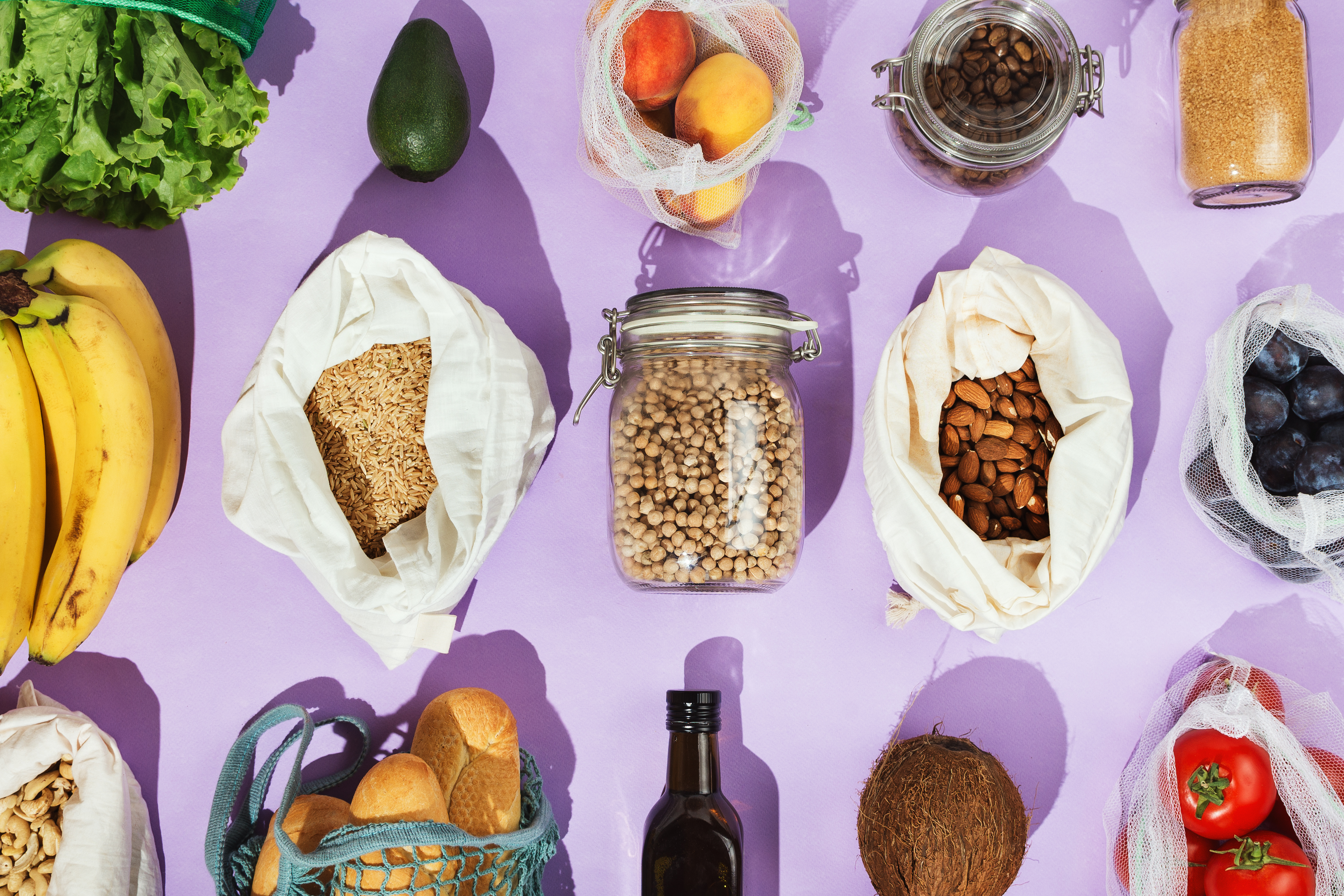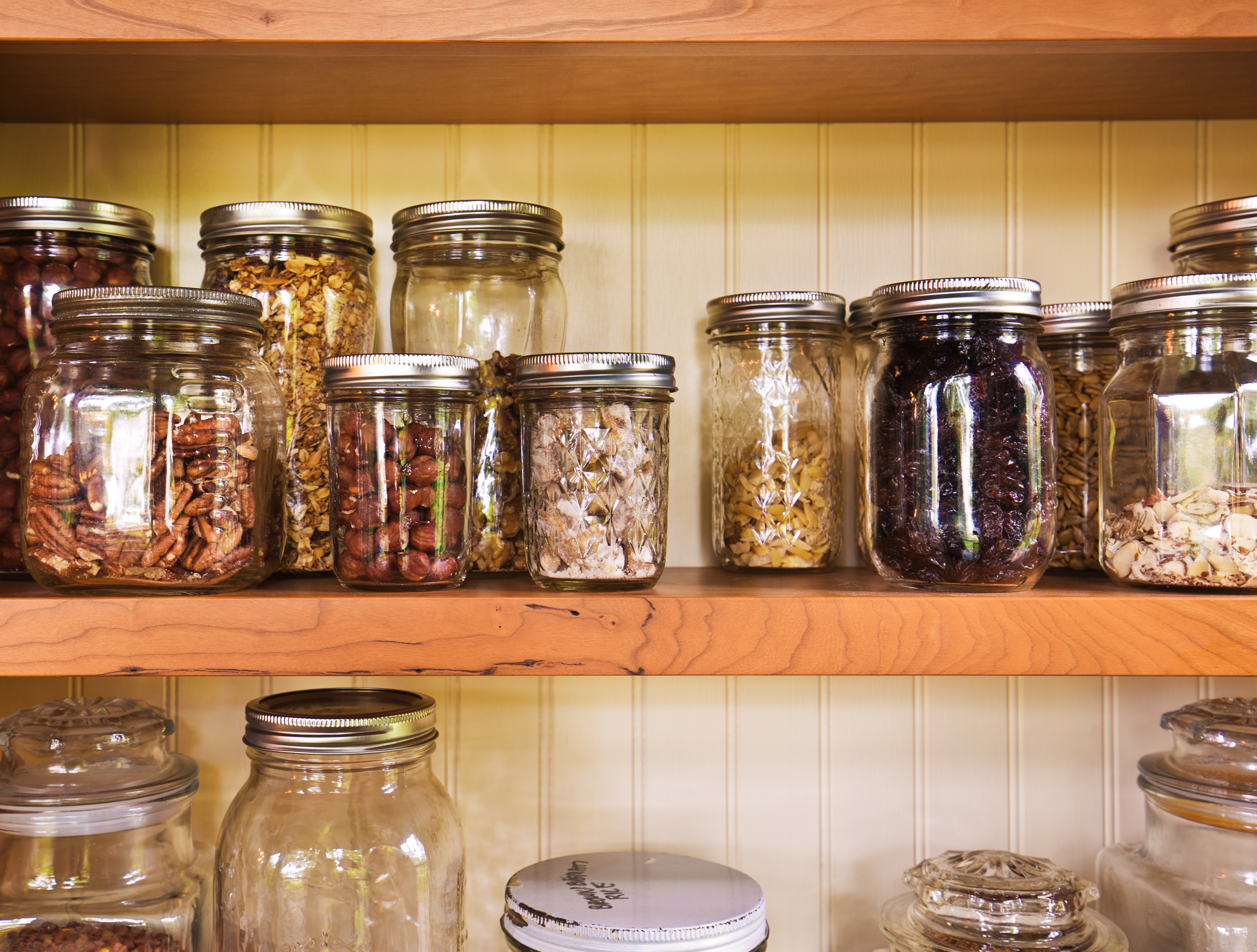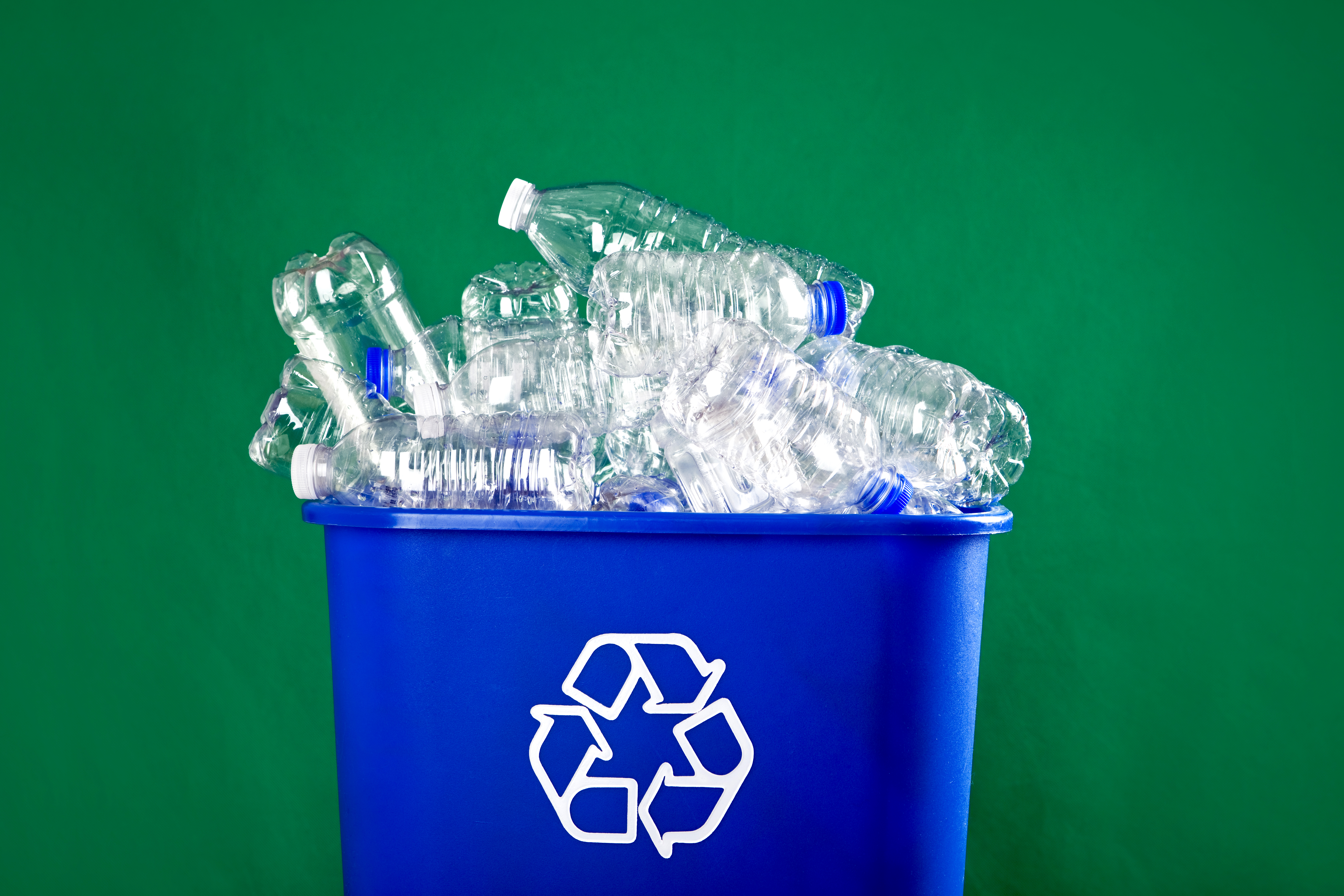
A guide to reducing, reusing and recycling in the kitchen, according to a Baton Rouge ecologist
With everyone staying home, kitchens across the Capital City are probably getting more use than they have in years.
In honor of Earth Day, we spoke with Dr. Becky J. Carmichael, an LSU professor, ecologist and green living enthusiast about ways to reduce, reuse and recycle in the kitchen.
HOW TO REDUCE KITCHEN WASTE

Start with packaging: “I’m always looking for minimal packaging of items or, if it has packaging, can it be reused or recycled?“ Carmichael says. “This means choosing items in bulk or loose—like not putting produce in a bag because I am going to wash them well at my home.”
|
|
If packaging can’t be avoided, try to select easily recyclable materials like paper, aluminum or metal. And if you’re packing up food for later, try switching your plastic wrap for beeswax paper—it functions similarly but is reusable and recyclable. Opt for bar soap wrapped in paper instead of liquid hand soap, which is often packaged in a plastic bottle with a non-recyclable pump.
Invest in metal straws: They prevent plastic from ending up in a landfill—and might even save some money for frequent straw users.
Switch to reusable sealable bags: “Substitute reusable silicone or washable cloth bags for plastic sandwich bags,” Carmichael says. “I’m also known for saving shredded cheese bags and reusing them for sandwiches and snacks—I just wash and dry them out.”
Skip the paper towels and napkins: “We have a collection of rags from my husband’s old T-shirts that we use to clean with and, when dirty, throw them in the laundry,” Carmichael says. “There are also great options for microfiber kitchen towels as substitutes for paper towels.”
Get creative about food waste: Whether it’s restaurant leftovers, vegetable scraps from dinner, or expired items you never got around to using, there are plenty of ways to reduce food waste. “Meal planning can help reduce trash production, because you’re considering what you have on hand, what you need to purchase, and all the ingredients that will be used for those meals,” Carmichael says. Use vegetables that are about to go bad to make a stir fry or a stock, cook down fruits to make compote, and freeze herbs in ice cube trays for future cooking ventures. And vegetable, grain scraps, egg shells and tea and coffee grinds are great composting material that can be used in a garden.
HOW TO REUSE KITCHEN ITEMS

Rethink plastic shopping bags in the pandemic: “Normally, we are big into reusable bags for everything,” Carmichael says. “But given the pandemic (and some stores banning reusable bags), it’s not feasible at this time. So instead, we are collecting those plastic bags for in-store recycling or using them for garbage bags and cat litter disposal.”
Reuse large jugs: Large water or juice jugs work great as freezer packs, according to Carmichael. Just wash them out, fill them with water, and freeze them. They are typically rectangular, which fits well in coolers when heading on outdoor adventures, hosting a barbecue or planning for those fall tailgates.
Repurpose jars and other containers: “My favorites are smaller jars that spices come in. They become a way for me to display my rock and sand collection or double as a vase for smaller cut flowers and greenery,” Carmichael says. Use glass and plastic containers as storage containers in the kitchen and bathroom. Use them for grains, beans, Q-tips or cotton balls. “We even have some sourdough starter doing its thing in a Classico spaghetti sauce jar,” Carmichael says. Your imagination is the limit. Carmichael and her son have used plastic lids as “indoor” frisbees to keep entertained and even converted some into ping pong paddles during their quarantine time.
HOW TO RECYCLE KITCHEN GOODS

First, know what can be recycled: Don’t just throw things into the recycling bin—they could contaminate the collection and complicate the recycling process. Research what’s accepted by your recycling program, and read container labels to look for instructions. Many times, items such as bottles with caps need to be separated into parts and recycled separately. And be sure to clean dirty items before recycling.
Find a drop-off facility: If you don’t have curbside pickup in your area, there are still plenty of drop-off facilities where you can bring your recycling, such as the Materials Recovery Facility at 7923 Tom Drive in Baton Rouge. Find more information on acceptable recycling items here.
If all else fails, try a scrapyard: “My son collects aluminum and steel cans from our neighborhood to take to a local scrapyard to reduce those items heading to a landfill,” Carmichael says. If you have extra metal items laying around, many will give you a little bit of pocket change for your efforts.
What are some other ways you have been recycling and reusing items at home? Let us know in the comments!
|
|
|
